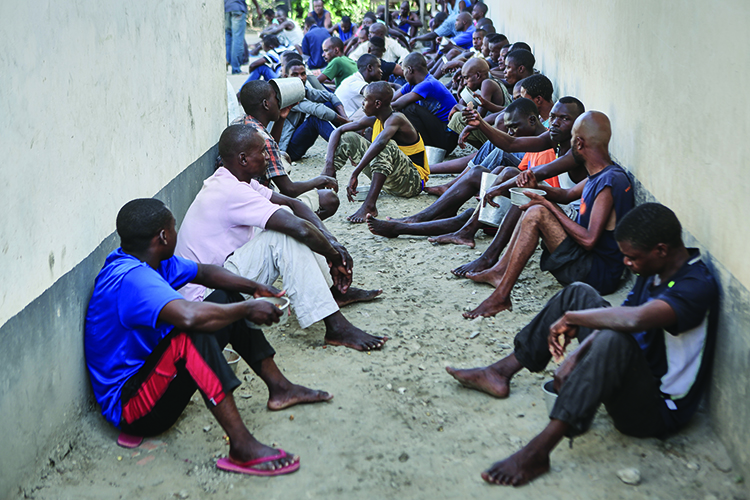ICJ-Kenya: NAIROBI,Kenya, – The distinction between petty offences and all other offences is that they are categorized as misdemeanours, now enshrined in law.
Calls to decriminalize petty offences, which primarily affect groups like sex workers, street vendors, hawkers, public service vehicle touts, street families, drug users, and even human rights defenders, are necessary due to recurring injustices such as surveillance, harassment, threats, intimidation, and even abuse while in custody.
The overpopulation of prisons and police cells with petty offenders, who are widely considered non-threatening individuals to public safety, is a problem.
An audit of the Criminal Justice System published by the National Council for the Administration of Justice in 2018 found that 70 per cent of cases processed by the criminal justice system were petty offence violations.
From a Human Rights perspective, it’s frustrating to witness force being used against petty offenders and persons with disabilities trying to make a living in city corridors.
This situation raises the question of where these offenders go.
Most of the offences being punished are minor, including idleness, begging, loitering, drunkenness, disorderliness, prostitution, indecent exposure, nuisances, and generally offensive conduct.
Read full article: It’s time for Kenya to decriminalise petty offences
Photo: Boniface Mwangi/OSF


